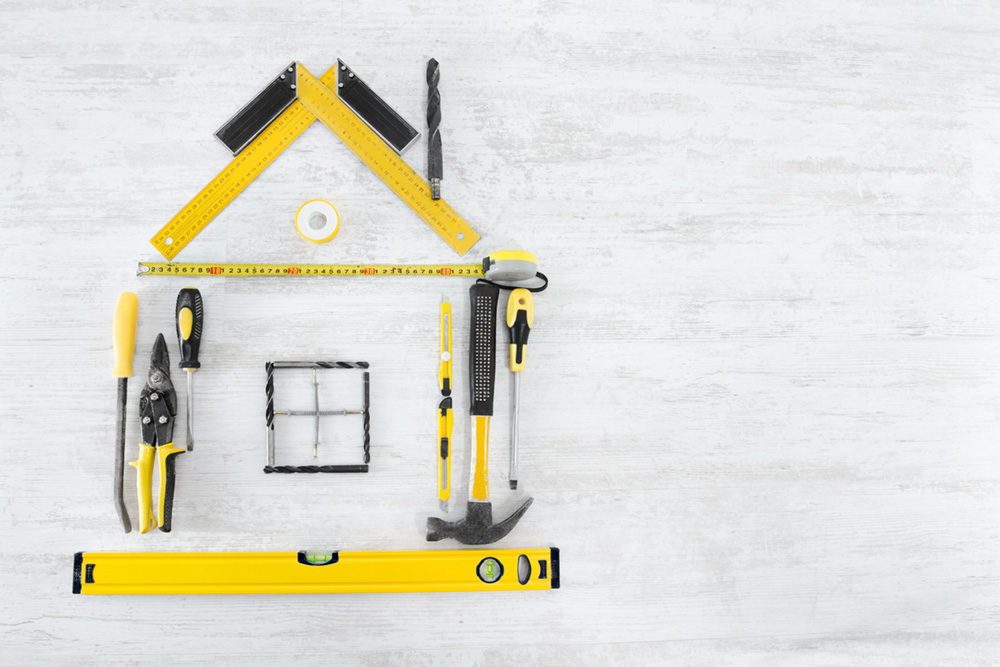
If you’ve been house-hunting for a fixer-upper, then you may have heard about 203(k) loans from the FHA. But what exactly are these loans, how can they be used, and how do you qualify? Let’s take a closer look.
What is an FHA 203(k) loan?
An FHA 203(k) loan is a type of government-backed mortgage that allows borrowers to finance both the purchase or refinancing of a home and the cost of necessary repairs or renovations in a single loan. The Federal Housing Administration (FHA) insures 203(k) loans, which means that lenders can offer them to borrowers with more lenient credit requirements and lower down payments than traditional mortgages. These loans are ideal for borrowers who want to buy a home that needs significant repairs or renovations but don't have the cash on hand to pay for them upfront.
Two types of loans are available
The 203(k) loan program has two different types of loans: the standard 203(k) loan and the limited 203(k) loan.
- The standard 203(k) loan is for more extensive repairs or renovations that cost more than $35,000. This loan requires a HUD-approved consultant to oversee the work and ensure that it meets FHA standards. The consultant will conduct a thorough inspection of the property and prepare a detailed work plan and cost estimate.
- The limited 203(k) loan is for smaller projects that cost less than $35,000. This loan does not require a HUD-approved consultant, but the lender will still review the proposed work and ensure that it meets FHA standards.
How to qualify
To qualify for a 203(k) loan, borrowers must meet certain eligibility requirements. First, they must meet the FHA's minimum credit score requirement, which is typically around 580. Borrowers with lower credit scores may still be eligible, but they may be required to put down a larger down payment or pay a higher interest rate. Second, borrowers must be able to show that they can afford the monthly payments on the loan. This includes providing proof of income, employment, and assets. Third, the property being purchased or refinanced must meet certain FHA standards, such as being structurally sound and free of any health and safety hazards.
Can be used for a variety of reasons
Once a borrower is approved for a 203(k) loan, they can use the funds to purchase or refinance the home and pay for any necessary repairs or renovations. This can include everything from minor cosmetic updates, such as painting and flooring, to major structural repairs, such as foundation work and roof replacement.
How funds are disbursed
The loan funds are typically disbursed in several stages throughout the construction process. The first payment is usually made to the contractor at closing to cover any upfront costs, such as materials and labor. Subsequent payments are made as the work progresses, with the final payment being made once the work is complete and has been inspected by the HUD-approved consultant.
Benefits of 203(k) loans
One of the benefits of a 203(k) loan is that borrowers only have to make one monthly payment, which includes both the mortgage payment and the cost of the repairs or renovations. This can make it easier to manage the project and ensure that the work is completed on time and on budget. Another benefit of a 203(k) loan is that it can help borrowers buy a home in a desirable location that may be otherwise unaffordable due to the cost of repairs or renovations. This can be particularly beneficial in areas where home prices are high or in neighborhoods that are experiencing gentrification.
Compliments of Virtual Results